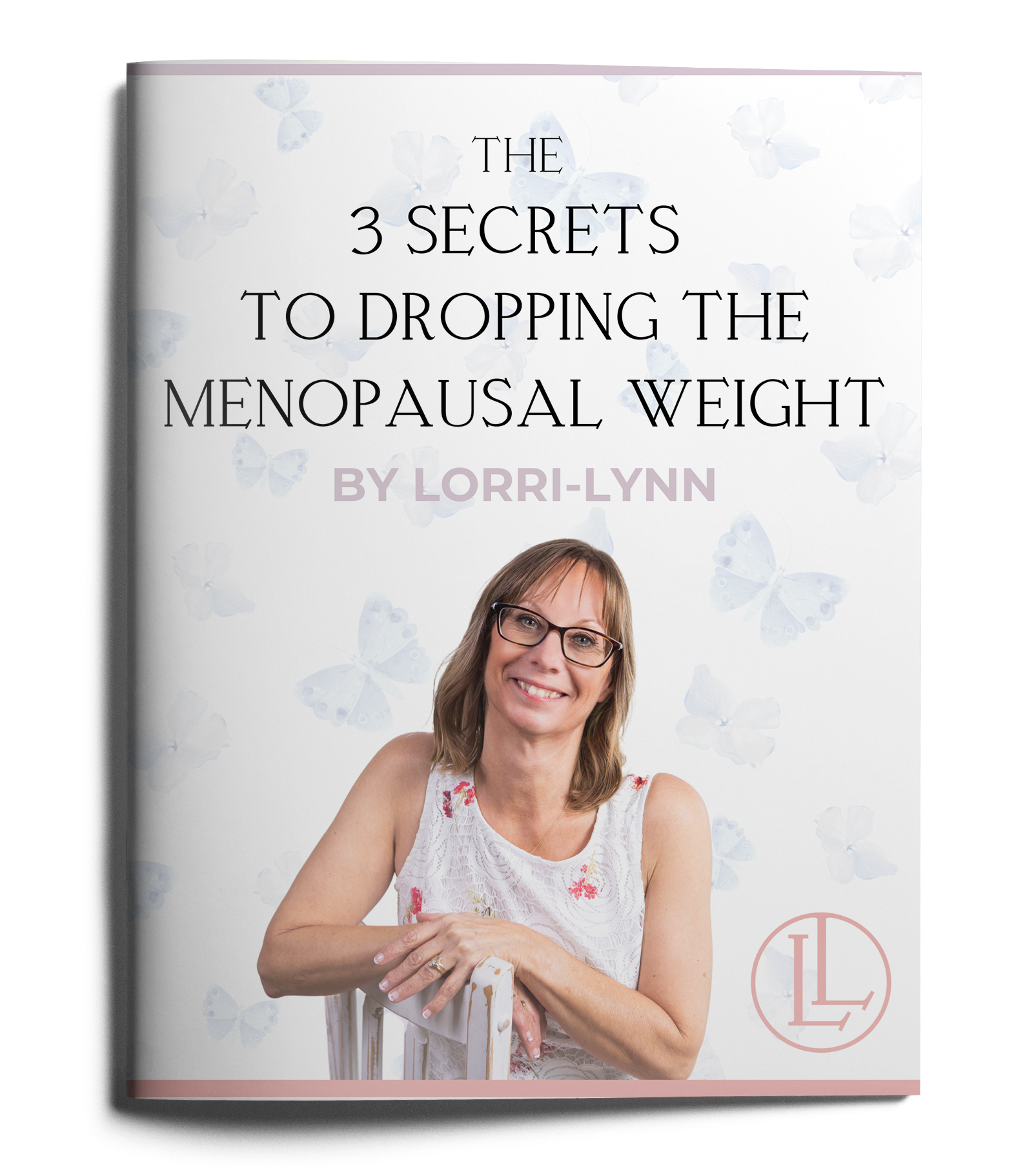Menopause is a major life transition that often brings with it an array of physical and emotional changes. Among these changes, many women struggle with weight gain that seems resistant to diet and exercise. If you’ve found yourself battling stubborn pounds despite your best efforts, it’s time to explore a crucial factor that could be undermining your progress: your emotions.
The Emotional Rollercoaster of Menopause
Menopause can be an emotional rollercoaster, marked by fluctuating hormones, increased stress, and mood swings. These emotional shifts can significantly impact your eating habits, often leading to what we call “emotional eating.” This phenomenon occurs when you use food to cope with feelings such as stress, boredom, or anxiety, rather than eating out of genuine hunger.
Understanding this connection is the first step toward addressing it. Here’s how your emotions may be sabotaging your weight loss efforts and what you can do to change that.
How Emotions Affect Eating Habits
1. Stress and Cortisol: Menopause often brings an increase in stress levels, and with it, elevated cortisol levels. High cortisol can lead to cravings for high-calorie, sugary, or fatty foods—often referred to as comfort foods. These choices can quickly derail your weight loss goals.
2. Mood Swings: The hormonal fluctuations that come with menopause can cause significant mood swings. When you’re feeling down or irritable, you might turn to food for comfort, leading to unnecessary snacking or overeating.
3. Boredom and Emotional Numbing: Sometimes, eating becomes a way to fill time or distract yourself from negative emotions. If you find yourself snacking out of boredom or to avoid dealing with difficult feelings, this can contribute to unwanted weight gain.
Strategies to Combat Emotional Eating
1. Recognize Your Triggers: Start by identifying the specific emotions or situations that lead you to eat when you’re not physically hungry. Keep a food journal to track what you eat, when you eat, and your emotional state at the time. This awareness is key to changing your habits.
2. Practice Mindful Eating: Mindful eating involves being fully present during meals. Pay attention to the flavors, textures, and smells of your food, and listen to your body’s hunger and fullness signals. This practice can help you differentiate between emotional and physical hunger, making it easier to make healthier choices.
3. Develop Alternative Coping Mechanisms: Instead of turning to food for comfort, find other ways to manage your emotions. Exercise, meditation, deep breathing, or engaging in a hobby can help reduce stress and improve your mood without resorting to unhealthy eating.
4. Create a Supportive Environment: Surround yourself with a positive support system. Share your goals with friends or family who can offer encouragement and accountability. Consider joining a support group or seeking professional help from a therapist or counselor who specializes in emotional eating.
5. Establish Healthy Routines: Set regular mealtimes and avoid skipping meals, which can lead to overeating later. Prepare healthy snacks and meals in advance to reduce the temptation of grabbing unhealthy options during emotional moments.
6. Hydrate Properly: Sometimes, thirst can be mistaken for hunger. Ensure you’re drinking enough water throughout the day, which can help you better recognize true hunger and stay hydrated.
Embrace the Journey
Addressing emotional eating during menopause is not about achieving perfection but about making gradual, mindful changes. By understanding and managing your emotional triggers, you can take control of your eating habits and work towards your weight loss goals more effectively.
Remember, every woman’s journey through menopause is unique. Be patient with yourself and celebrate small victories along the way. By incorporating these strategies and being kind to yourself, you can build a healthier relationship with food and emotions, paving the way for a more balanced and fulfilling life during and beyond menopause.
Your emotions are a powerful part of your life, but they don’t have to dictate your eating habits. With awareness and action, you can overcome the challenges of emotional eating and achieve your weight loss goals.💖💫
To learn more about me, visit www.lorrilynncoaching.com

